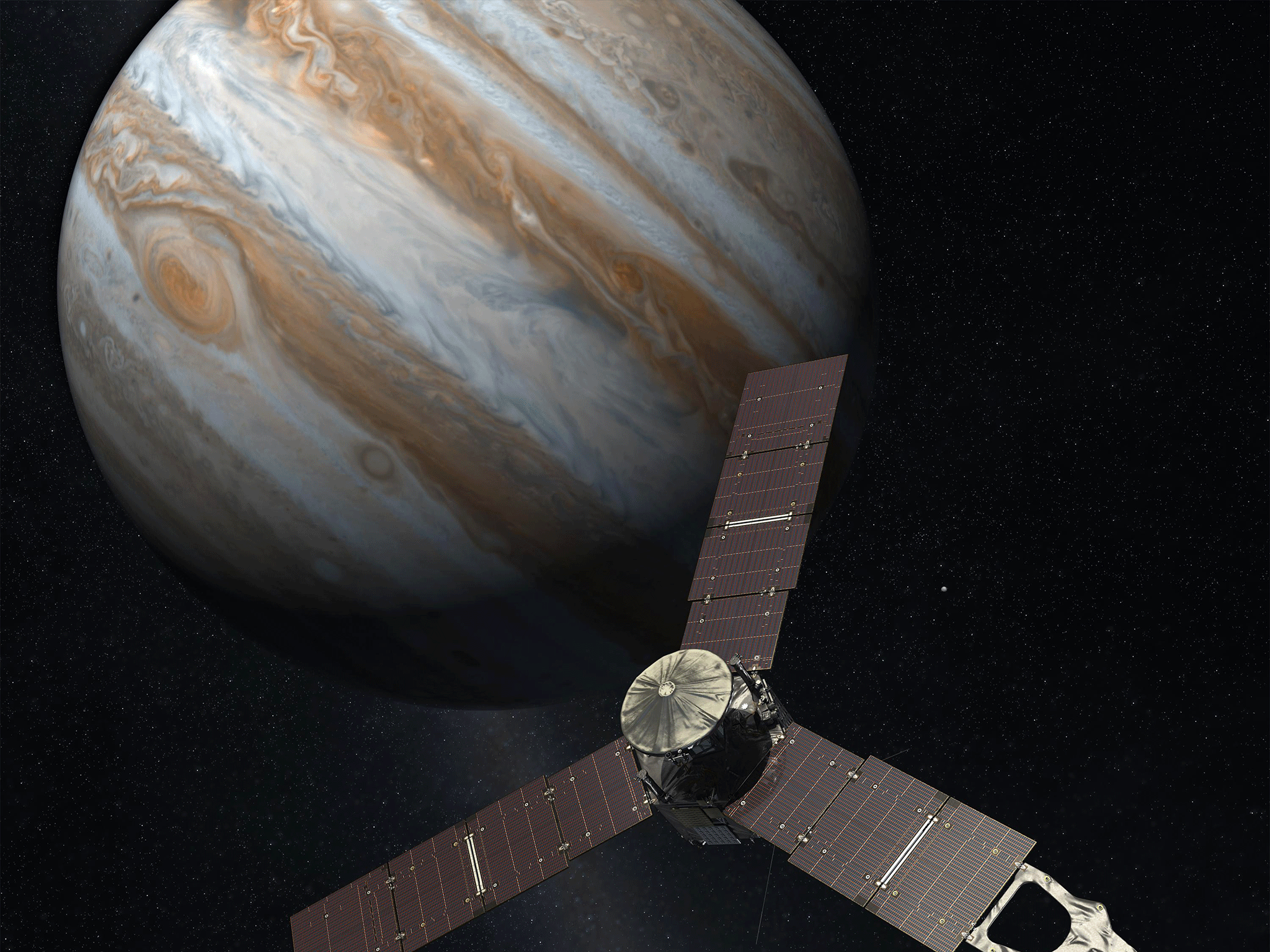
You may have more than one ad-blocker installed.

You’ll usually find this icon in the upper right-hand corner of your screen.
Click the icon of the ad-blocker extension installed on your browser. When it turns gray, click the refresh icon that has appeared next to it or click the button below to continue. Click on the large blue power icon at the top. Click the UBlock Origin icon in the browser extension area in the upper right-hand corner. It will turn gray and the text above will go from “ON” to “ OFF”. 
Click on the “ Ad-Blocking” button at the bottom.Click the Ghostery icon in the browser extension area in the upper right-hand corner.Switch off the toggle to turn it from “ Enabled on this site” to “ Disabled on this site”.Click the AdBlocker Ultimate icon in the browser extension area in the upper right-hand corner.“ Block ads on – This website” switch off the toggle to turn it from blue to gray.
NASA PICTURE OF THE DAY JUNO SPACECRAFT PLUS
Click the AdBlock Plus icon in the browser extension area in the upper right-hand corner. Refresh the page or click the button below to continue. Under “ Pause on this site” click “ Always”. Click the AdBlock icon in the browser extension area in the upper right-hand corner. In other news, Teenage Engineering introduces its Choir speaker series.Īdblock Adblock Plus Adblocker Ultimate Ghostery uBlock Origin Others ?1/3 Juno ‘s approaching Jupiter a few days ago… You can see Io’s shadow and the Great Red Spot Juno’s next flyby will take place on December 15. More official shots can be found on the JunoCam website. Looking ahead, upcoming missions to Jupiter include NASA’s Europa Clipper and the European Space Agency’s JUpiter ICy moons Explorer (JUICE) which will launch in October 2024 and April 2023 respectively to mainly learn more about the planet’s moons. 
The swirling marble-like image above is one of Jupiter’s northern circumpolar cyclones which feature a radius of around 1,000 kilometers and have been ongoing since they were fast observed five years ago. On its 46th fly-by, images taken by its two-megapixel camera have been artistically enhanced to create captivating images of the largest planet in our solar system. Orbiting Jupiter since 2016, Juno takes an elliptical path around the gas giant, reaching the polar regions around every five weeks where it can place a transmission back to Earth.







 0 kommentar(er)
0 kommentar(er)
